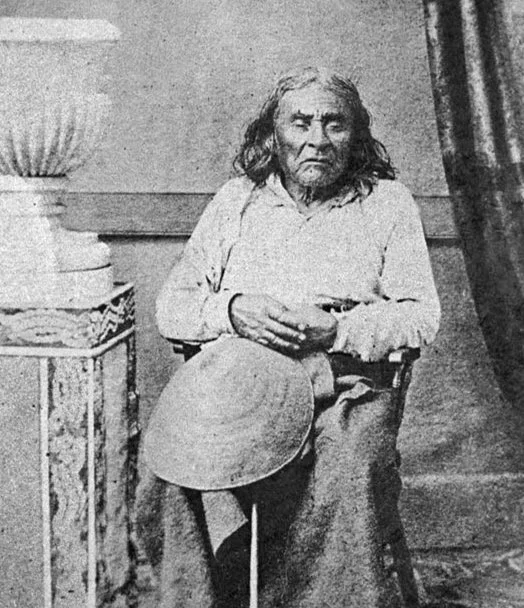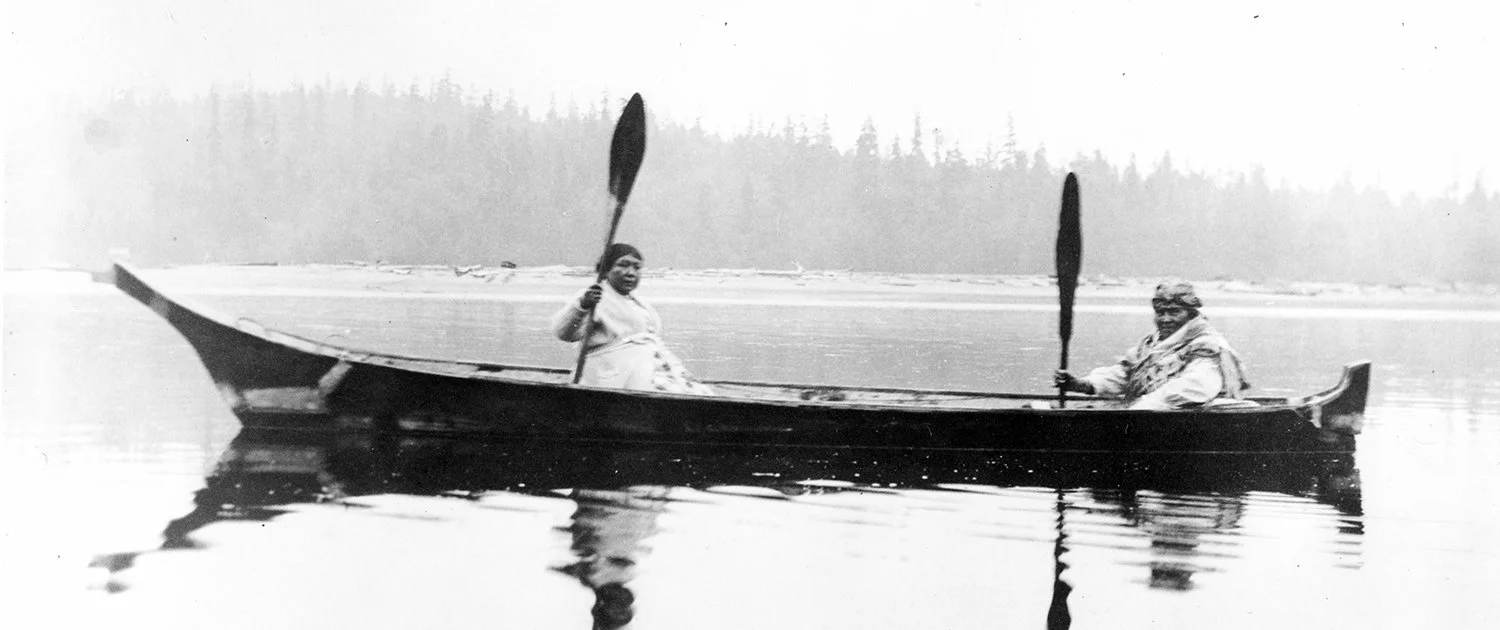Acknowledgements
Every part of this soil is sacred in the estimation of my people. Every hillside, every valley, every plain and grove, has been hallowed by some sad or happy event in days long vanished.
— Chief Seattle, 1854
Land Acknowledgement
Seattle Council PTSA acknowledges that the city of Seattle is on stolen Coast Salish land, specifically the ancestral land of the Duwamish, Suquamish, Stillaguamish, and Muckleshoot People. We recognize the stewardship of Seattle by the Coast Salish people since time immemorial, the disruption of this work by colonization, and now endeavor to continue this work.
We acknowledge and honor the namesake of our City, Chief Si'ahl (1780–1866), a Duwamish and Suquamish ancestor.
Labor Acknowledgement
Seattle Council PTSA recognizes and acknowledges the labor upon which our country, state, and institutions are built.
We remember that our country is built on the labor of enslaved people who were kidnapped and brought to the U.S. from the African continent and recognize the continued contribution of their survivors. We also acknowledge all immigrant labor, including voluntary, involuntary, trafficked, forced, and undocumented peoples who contributed to the building of the country and continue to serve within our labor force. We acknowledge all unpaid care-giving labor.
To the people who contributed this immeasurable work and their descendants, we acknowledge our/their indelible mark on the space in which we gather today. It is our collective responsibility to critically interrogate these histories, to repair harm, and to honor, protect, and sustain this land.
dxʷdəwʔabš
People of the Inside
Duwamish People
The Duwamish people have been in the Seattle/Greater King County area since time immemorial. They were the first signatories on the Treaty of Point Elliott in 1855, signed by Chief Si'ahl. The Duwamish longhouse today stands across the street from where one of their largest villages was located before it was burned down by settlers in 1895. Seattle's First People, the dxʷdəwʔabš are the host tribe for Seattle, the area’s only indigenous tribe. Many enrolled members still live on Duwamish aboriginal territory.
suq̀ʷabš
People of Clear Salt Water
Suquamish People
Expert fisherman, canoe builders and basket weavers, the suq̀ʷabš live in harmony with the lands and waterways along Washington’s Central Salish Sea as they have for thousands of years. Here, the suq̀ʷabš live and protect the land and waters of their ancestors for future generations as promised by the Point Elliott Treaty of 1855.
stuləgʷábš
People of the River
Stillaguamish People
The stuləgʷábš have continued to practice the traditional ways of their ancestors of fishing, hunting and gathering. The Stillaguamish Tribe has had these lands and cultural traditions passed on to them by their ancestors who believed that everything has a spirit and that they are caretakers of these lands and waters. Their ancestors were a party to the Treaty of Point Elliott of 1855, under the spelling Stoluck-wa-mish.
bəqəlšuɫ
The Muckleshoot Indian Tribe is the Seattle area's Federally Recognized Indian Tribe and successor to the people and villages of the Duwamish and Upper Puyallup drainages, who were party to the Treaties of Point Elliott and Medicine Creek. These treaties reserve governmental rights to the Muckleshoot People and recognize their “Usual and Accustomed Territory”, where they hunt, fish, gather, trade, govern, and live. These areas include Dzidzilalich, what is now known as the city of Seattle and surrounding region."


